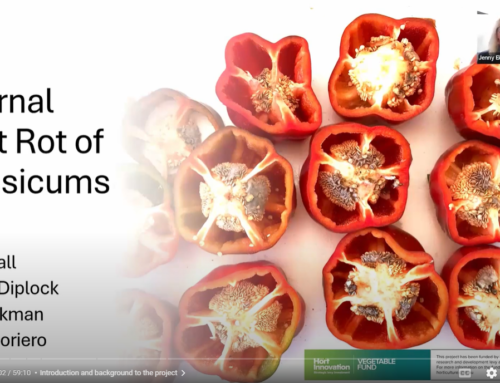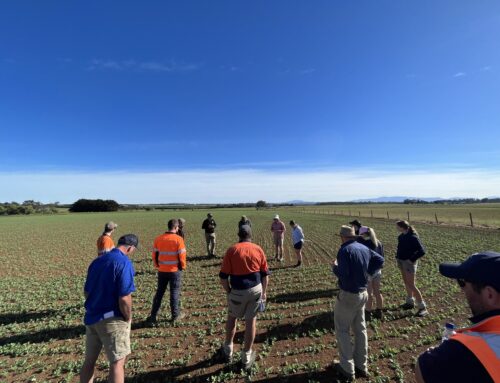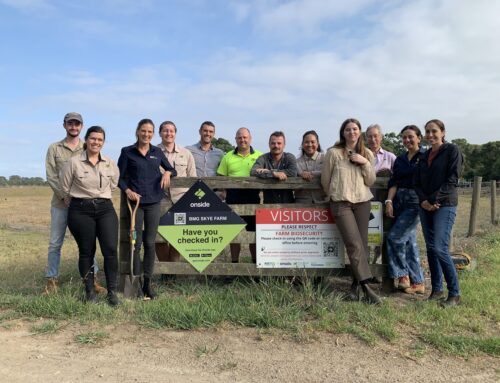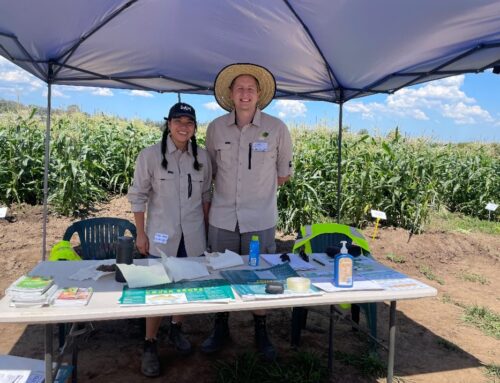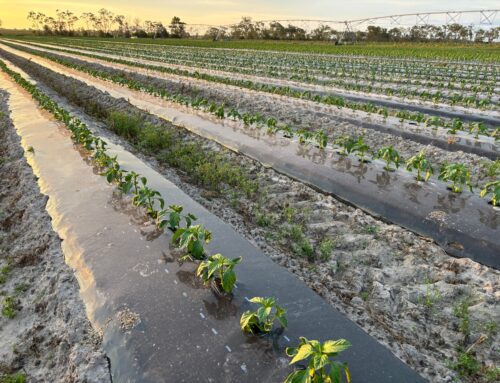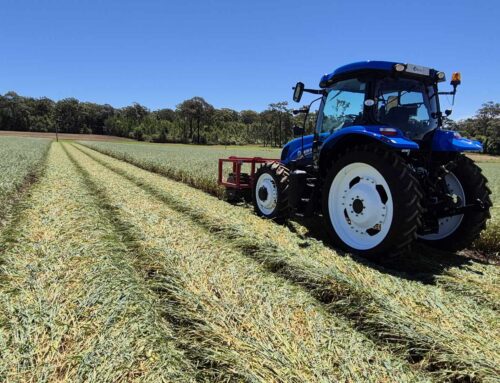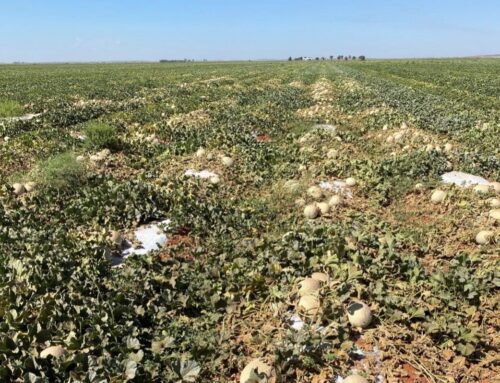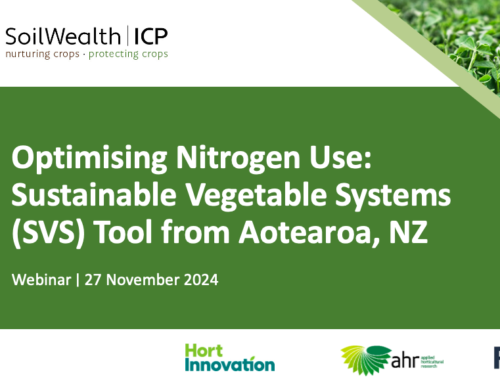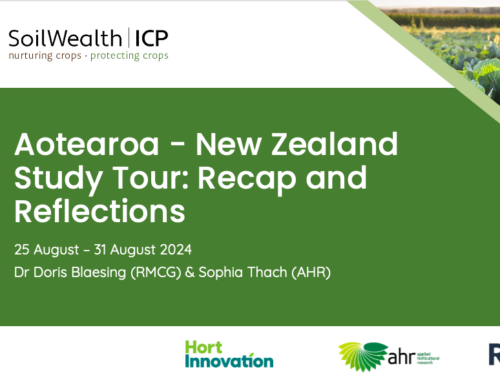Compost is a mixture of recycled organic materials that have been processed by natural organisms, breaking down the original materials into a usable form. Compost has many benefits for soil. It can feed plants, stimulate beneficial microbes, improve soil structure and help the soil retain nutrients, water and warmth.
However, compost is also a potential source of microbial, chemical and physical contamination. Human pathogens in manure, heavy metals in sewage sludge and plastics left in green waste bins all have the potential to contaminate growing sites and fresh produce.
Watch this webinar recording from 21 March 2017 to find out more about the good, the bad and the ugly of compost use in vegetable production with Dr Doris Blaesing from RMCG.
Relevant fact sheets and resources can be accessed on this page under the “soil biology” and “nutrition management” sections.
A more detailed research report on compost can be downloaded here.


